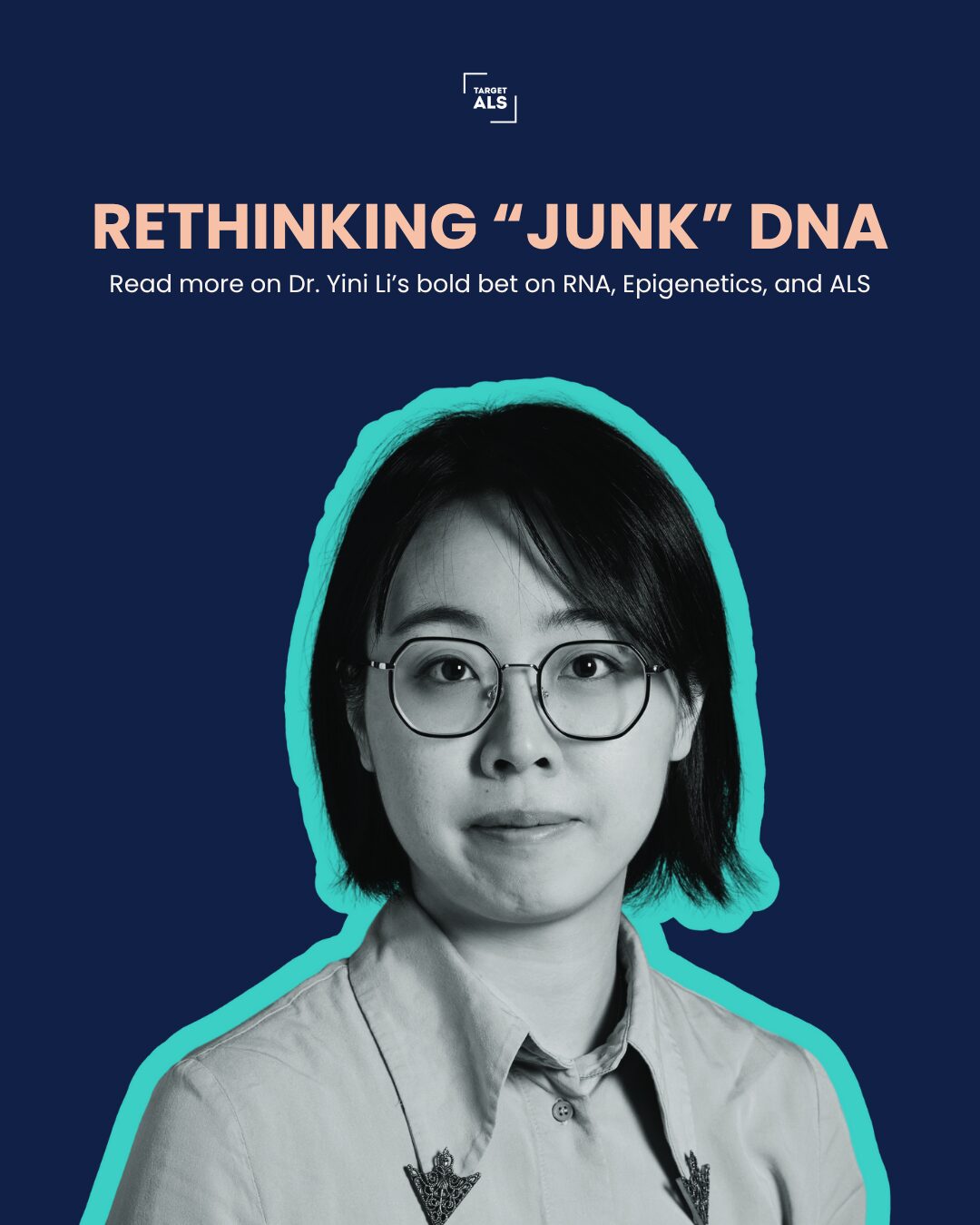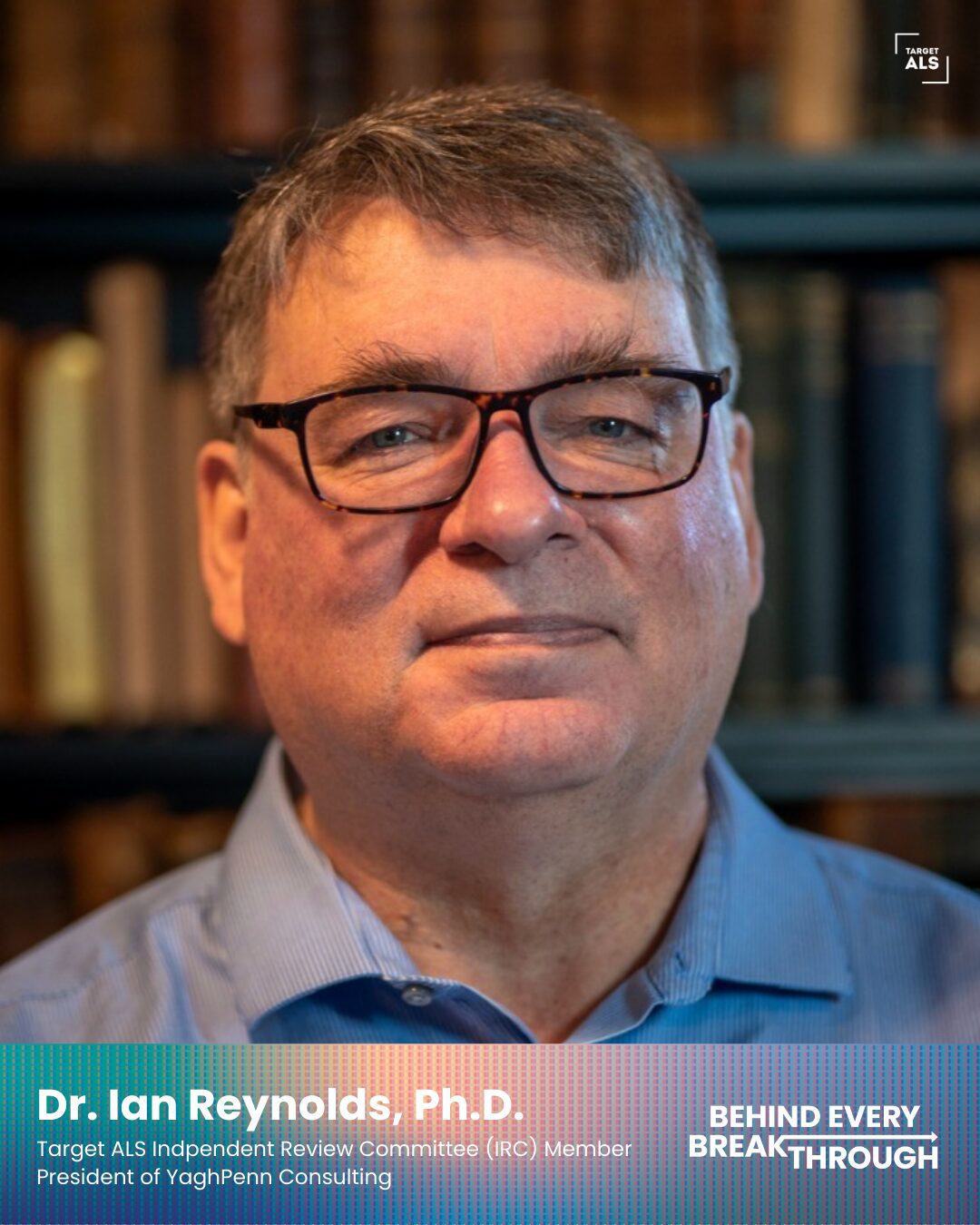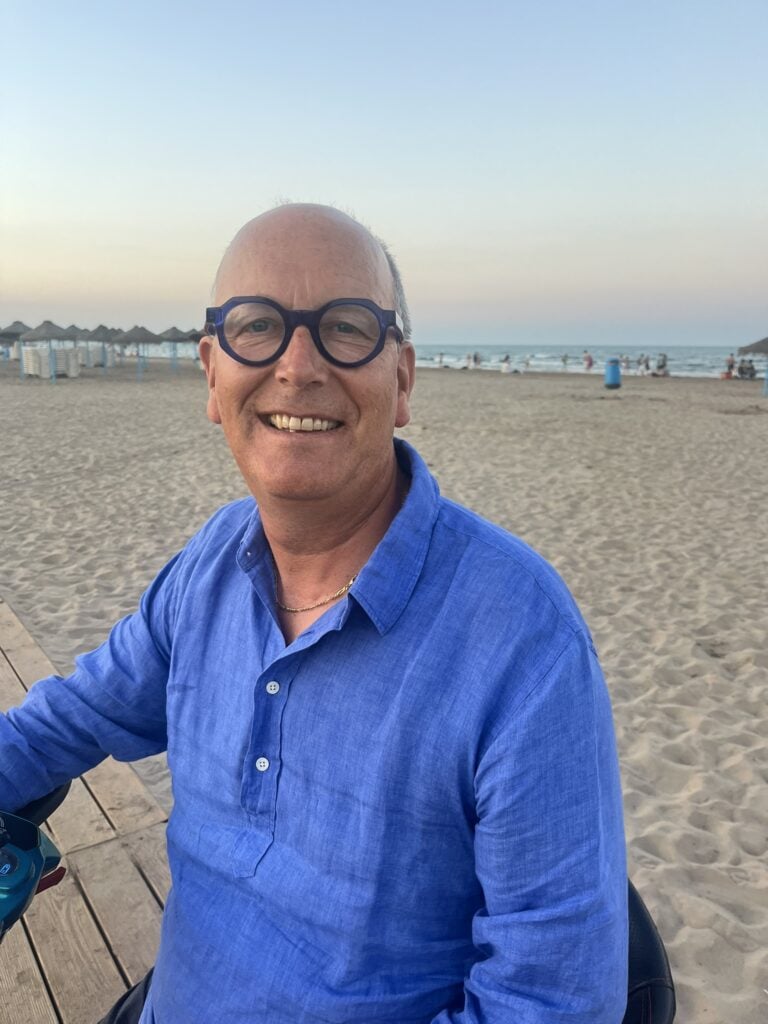
When Peter Ambühl lost his balance on the ski slopes in Zermatt in 2018, he knew something was different. For a man who grew up in the Swiss mountains, where skiing was second nature, falling wasn’t just unusual, it was a warning. What began as a stumble on the snow set him on a path he never expected: an ALS diagnosis in May of 2019.
“I had little fear of doctors,” Peter recalled, thanks to his background in the medical mobility industry. But no experience could prepare him for hearing those three letters: ALS. Like many newly diagnosed, he turned to the internet, where survival statistics loom large. “It was shocking,” he said. “At first, it took months to realize what that meant.”
Choosing Hope: A Clinical Trial in Utrecht
Peter’s disease progression was slower than average; a blessing, but one that ironically excluded him from many clinical trials. Rather than wait passively, Peter took action. He initiated his own genetic testing, discovering a rare ATXN2 gene repeat expansion. That decision opened the door to a trial in Utrecht, Netherlands, targeting that exact mutation.
His motivation? Simple, but profound: “It’s hope – that you can participate in a study with a drug or a treatment that might work.”
Redefining the Research Experience
For Peter and his wife, Bettina, study visits became more than appointments, they became adventures. From driving 750 kilometers to Utrecht while taking in tulip fields, to savoring what they now insist is “the best cheese toast in Europe” at the hospital cafeteria, the couple found joy in the journey. Even logistical hurdles like missed flights and long study days beginning at 4 a.m. did not overshadow the bigger picture.
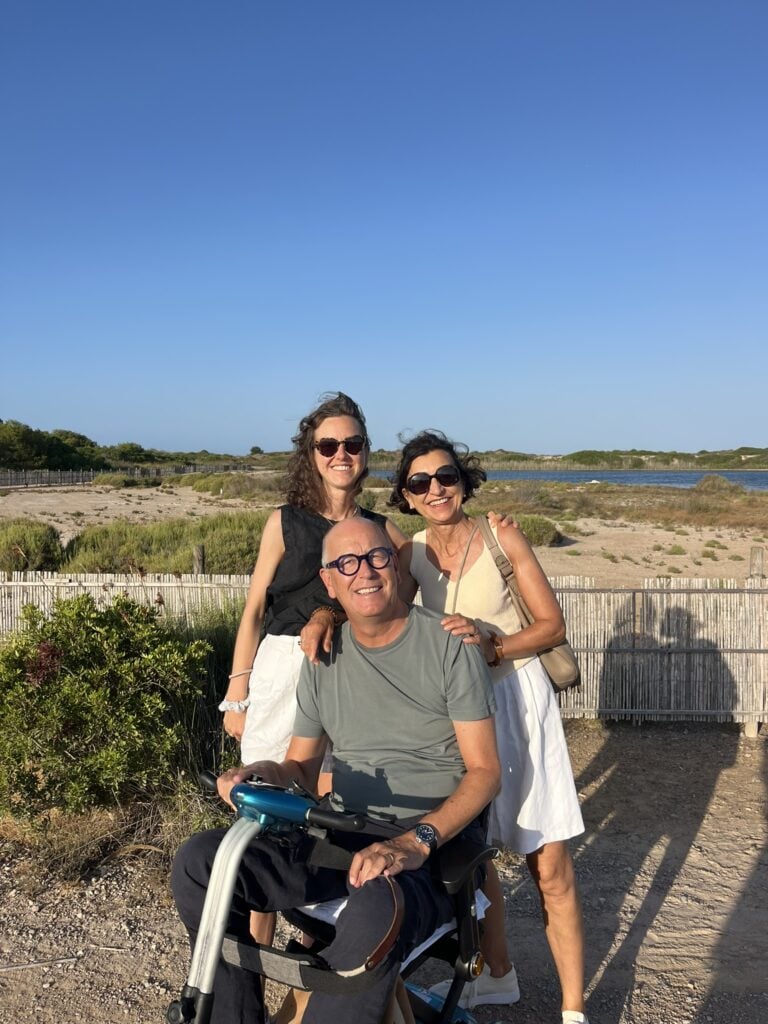
“Research is the only way forward,” Peter said. “Every result, even the negative ones, brings us one step closer to a treatment.”
A Shift in Perspective
ALS has reshaped Peter’s life. Once the leader of a company with 30 employees, his days were filled with long hours and relentless demands. Today, he describes himself as more relaxed, more grateful. “I learned to see even in negative things, positive things,” he said.
His personal motto captures that outlook: “Give every day the chance to become the best of your life.”
The Power of Community
What Peter wishes for most is not just scientific progress, but stronger unity among people with ALS. “I think we can do a lot with the force of the community,” he emphasized. “We shouldn’t just sit at home waiting. We should be working together, with researchers, with associations, to move forward.”
He reminded us that “worldwide there are 400,000 people affected by ALS” and that by working together as a community, patients, families, and researchers can accelerate progress toward treatments.
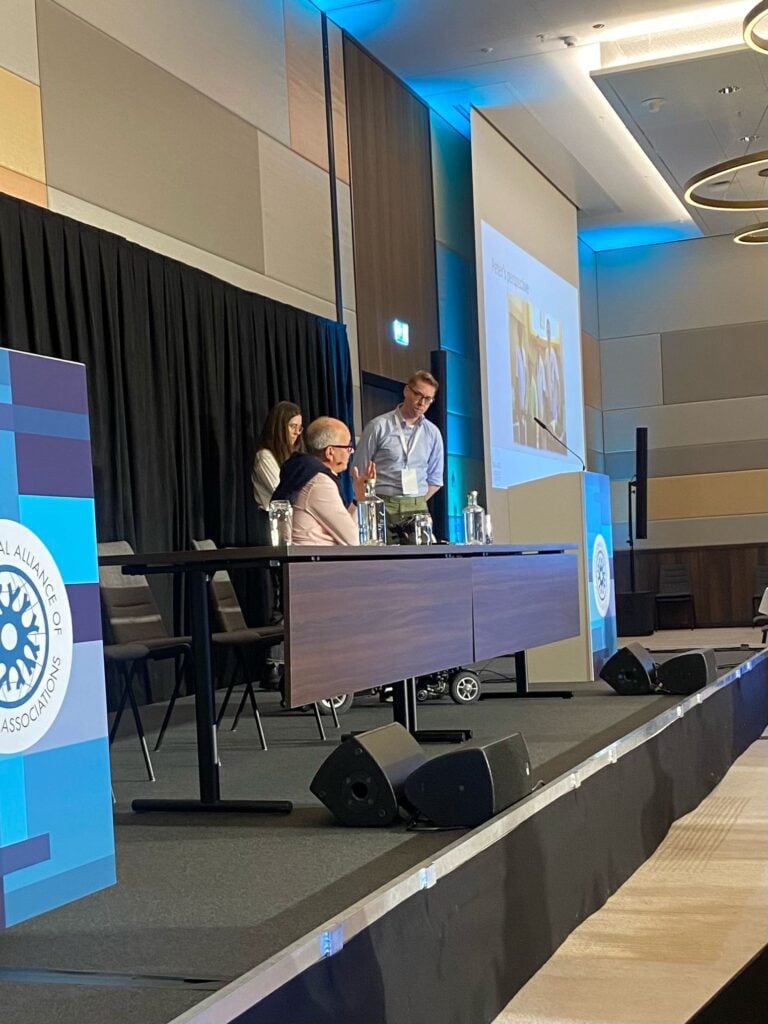
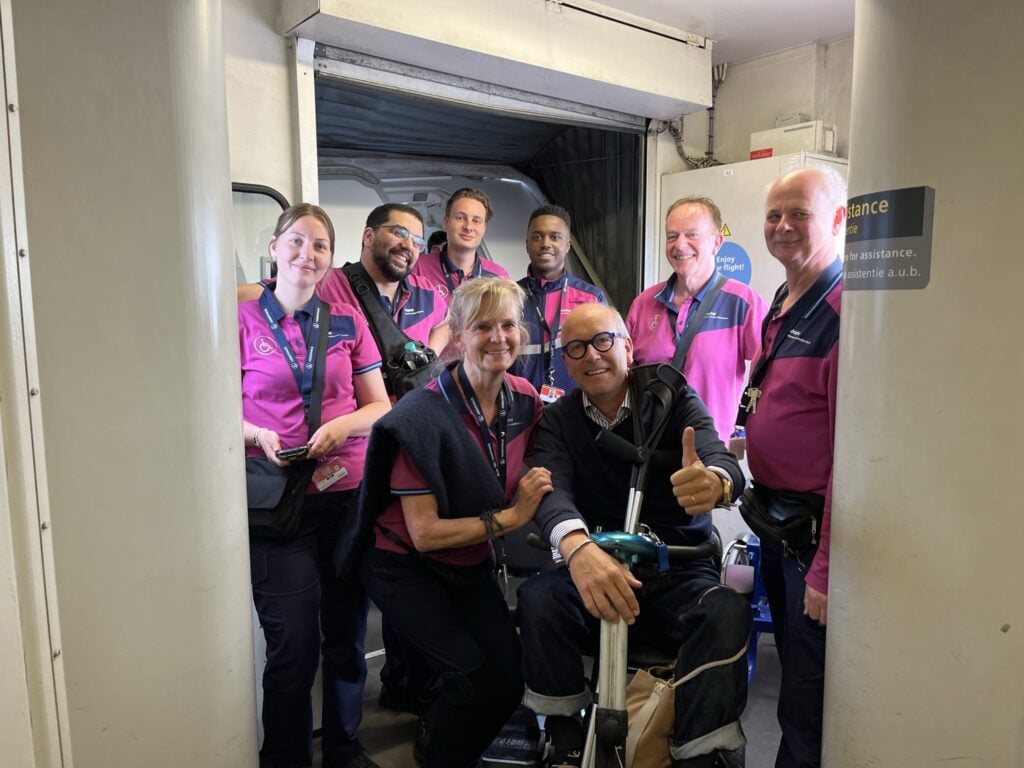
Looking Ahead
Peter has now lived with ALS for seven years. His hope is grounded but unshakable: that one day, he will benefit from the breakthroughs his participation helps to make possible.
“If one door closes, another opens,” he said. “And that gives me hope that I may still profit from a treatment in my lifetime.”
